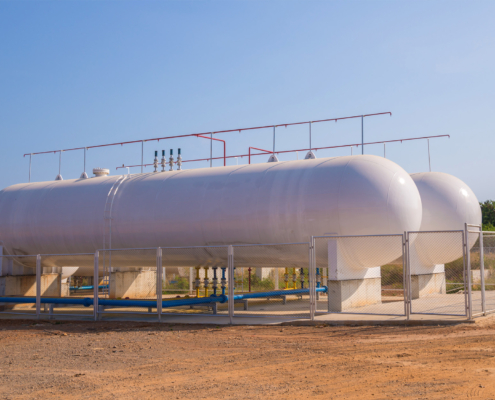The Rise of Bulk Hydrogen in the Transportation Industry
As the world increasingly seeks sustainable and eco-friendly alternatives to fossil fuels, hydrogen fuel cells have emerged as a promising solution. Hydrogen, the most abundant element in the universe, holds great potential for transforming the transportation sector.
Let’s explore the basics of hydrogen fuel cells, their revolutionary impact on transportation, the significance of bulk hydrogen, and the growing use of hydrogen across various industries.












